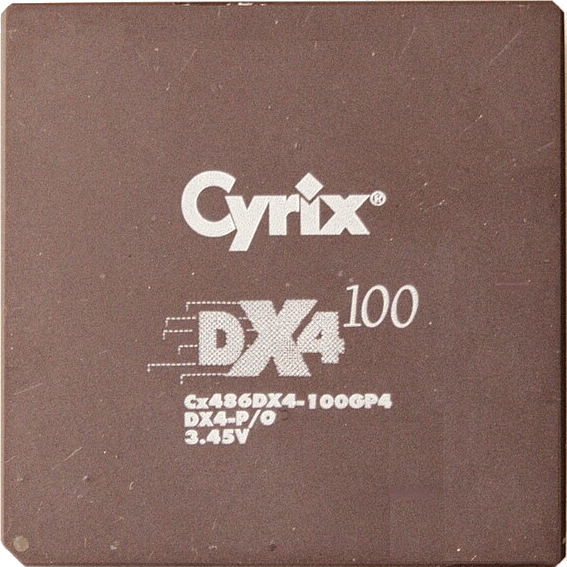or DNS over TCP.
musl does support DNS over TCP since version 1.2.4.
or DNS over TCP.
musl does support DNS over TCP since version 1.2.4.
Debian is superior for server tasks. musl is designed to optimize for smaller binaries on disk. Memory is a secondary goal, and cpu time is a non-goal. musl isn’t meant to be fast, it’s meant to be small and easily embedded.
I’ve used Alpine on servers a lot and didn’t notice any performance difference when compared to glibc in the vast majority of cases. This performance comparison even suggests that musl is quite a bit faster in some cases and in most instances it is at least as fast as glibc, which matches my experience.
Okay, thanks for the explanation!
I’m not entirely sure how “… don’t need anything near as memory efficient as Alpine” became “Debian is obviously superior to Alpine”.
This was what made me assume this:
I only ever consider dropping Debian and/or Systemd when going below 512MB RAM.
You make it sound like Debian is obviously superior to Alpine. Alpine Linux is just fine for server tasks. It is nice that is it lightweight, but that isn’t the only thing it has going for it.


or a domain with a random string of characters so no one could reasonably guess it? Does it matter?
That does not work. As soon as you get SSL certificates, expect the domain name to be public knowledge, especially with Let’s Encrypt and all other certificate authorities with transparency logs. As a general rule, don’t rely on something to be hidden from others as a security measure.
Syncthing is neat, but you shouldn’t consider it to be a backup solution. If you accidentally delete or modify a file on one machine, it’ll happily propagate that change to all other machines.